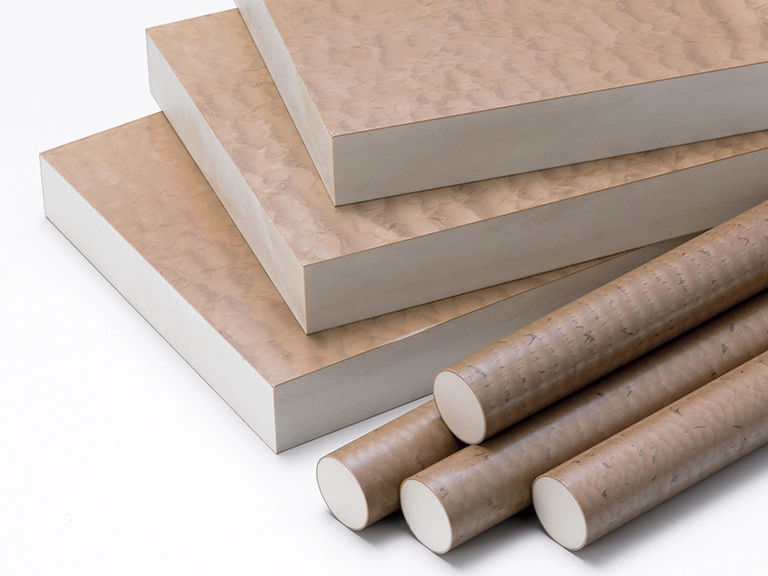





Get Your Quite or Call : +91 99788 23122

Inert to most chemicals, fuels, and solvents.

Excellent stability under continuous high temperatures.

Retains rigidity and strength under stress.

Low coefficient of thermal expansion.

Inherently flame retardant.

A high-performance alternative to metals.

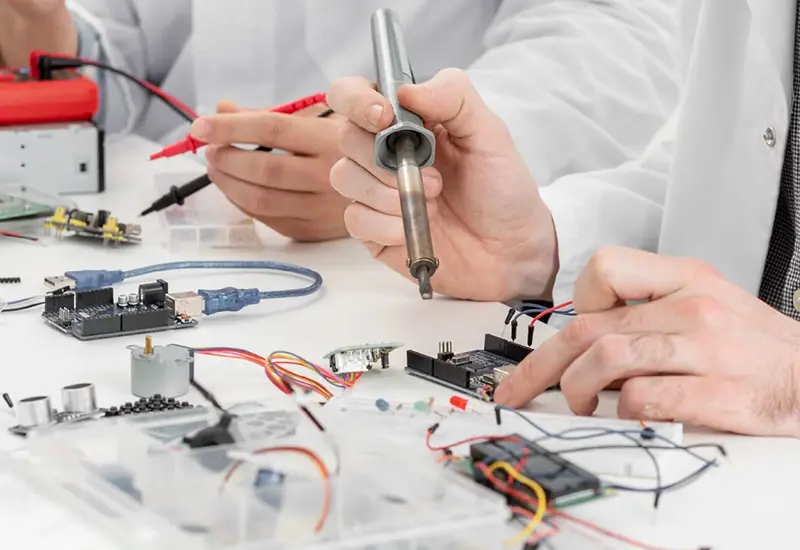


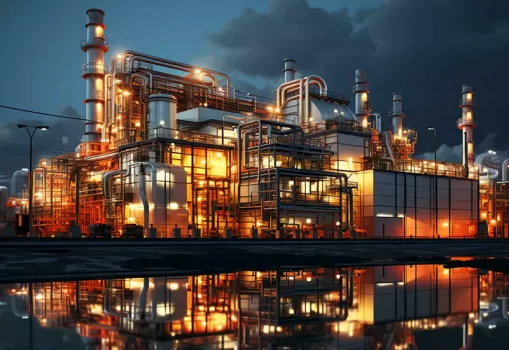
Components for renewable energy systems, such as solar and wind turbines.
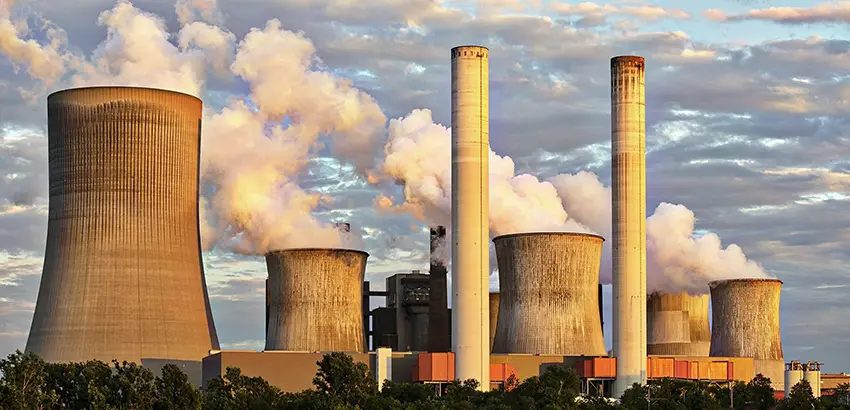
High-performance parts for diagnostic and analytical equipment.

FDA-compliant grades for high-temperature food handling
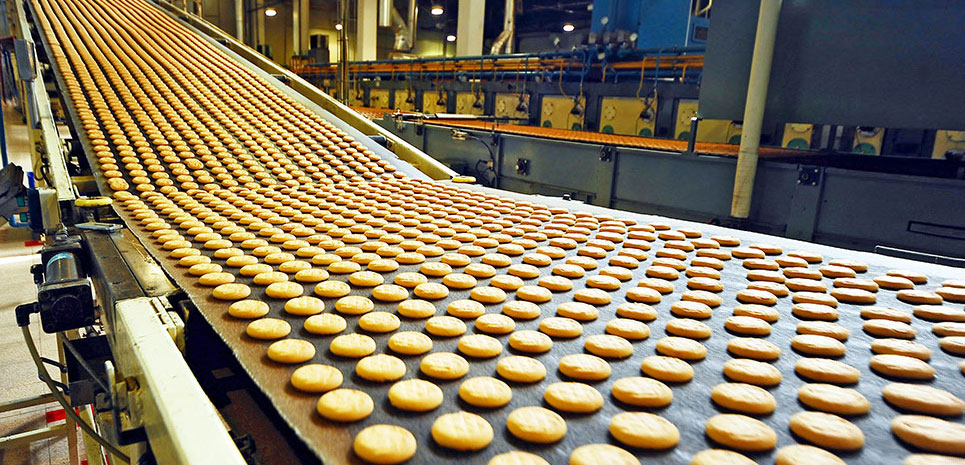
Durable and lightweight components in household appliances.

Components in high-precision laboratory equipment.

We are fully equipped with latest manufacturing instruments and well qualified technocrats.



Plot No. 33, Survey No. 238, B/h Vikas Export, Gondal Road, Kotharia, Rajkot-360022 (Gujarat - India)
Copyright @ 2025 Vandit Polycraft PVT. LTD. All Rights Reserved | Website developed By : Impex Infotech